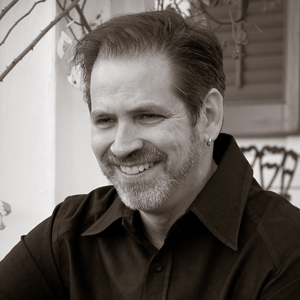As musicians and humans in general, we can have a tendency to “favor” our weaknesses and character flaws. Much like a broken down pickup truck or appliance in our yard that we mow around (I do live in the South, after all,) these things don’t go away. One answer is to look hard at our least-favorable traits, identify them and make a change.
Not Just Strengths
A lot of self-help and productivity coaching focuses on finding what we do well. I totally agree that this is productive in setting goals and moving forward. However, if you have a weak area or something you struggle with, it may be keeping you from success, and no amount of patting yourself on the back for your talents will keep this from undermining your progress. Painful though it may be, it is probably worth it to be honest about these things.
The Big Question
The real difficulty comes when we have to look hard at ourselves and honestly admit what we consistently don’t do well, and how it has held us back. This may be because we have built strong fences around this flaw, or because we have regrets about what it has cost us. Nonetheless, a good “spring cleaning” never hurt anyone. So ask yourself this question:
What is my greatest weakness?
Now, this question could have different answers depending on the area of our life under inspection; it could be in our musicianship, personality or relationships, though in my experience one answer tends to explain our problems in almost any part of our lives. One trait can manifest itself in many ways. What is the “rusting truck” in your life?
The first answer that came to me in my life was “head in the sand” syndrome, or not confronting things that I need to deal with. This is probably a common one; procrastination leads to guilt, which leads to putting things out of mind in order to avoid that guilt. This can manifest itself in a lot of ways, but the worst of these is stress and anxiety. This is not to say this is the only flaw I found, just my idea of the worst one.
Many of us share the same weaknesses, but each of us has our own story, and our own journey.
Onward
The goal of this exercise is not one of self-recrimination, since we all have our faults. As a matter of fact, excessive self-criticism could easily be an answer to the Big Question. The real purpose here is to grow as individuals, and learn from our mistakes. It’s also unrealistic to assume we will be able to completely reverse a lifetime’s habit, but we can move in the right direction. It can also help us be more forgiving of the flaws we detect in others, which helps all of us.
As composers and performers, this habit of honesty can help us focus on the right things, and make us more complete artists.
Questions:
- What is your weakest character trait?
- How has that trait or habit held you back?
- For musicians: how has that trait manifested itself in your artistic career?
- How could you confront and address that trait?


